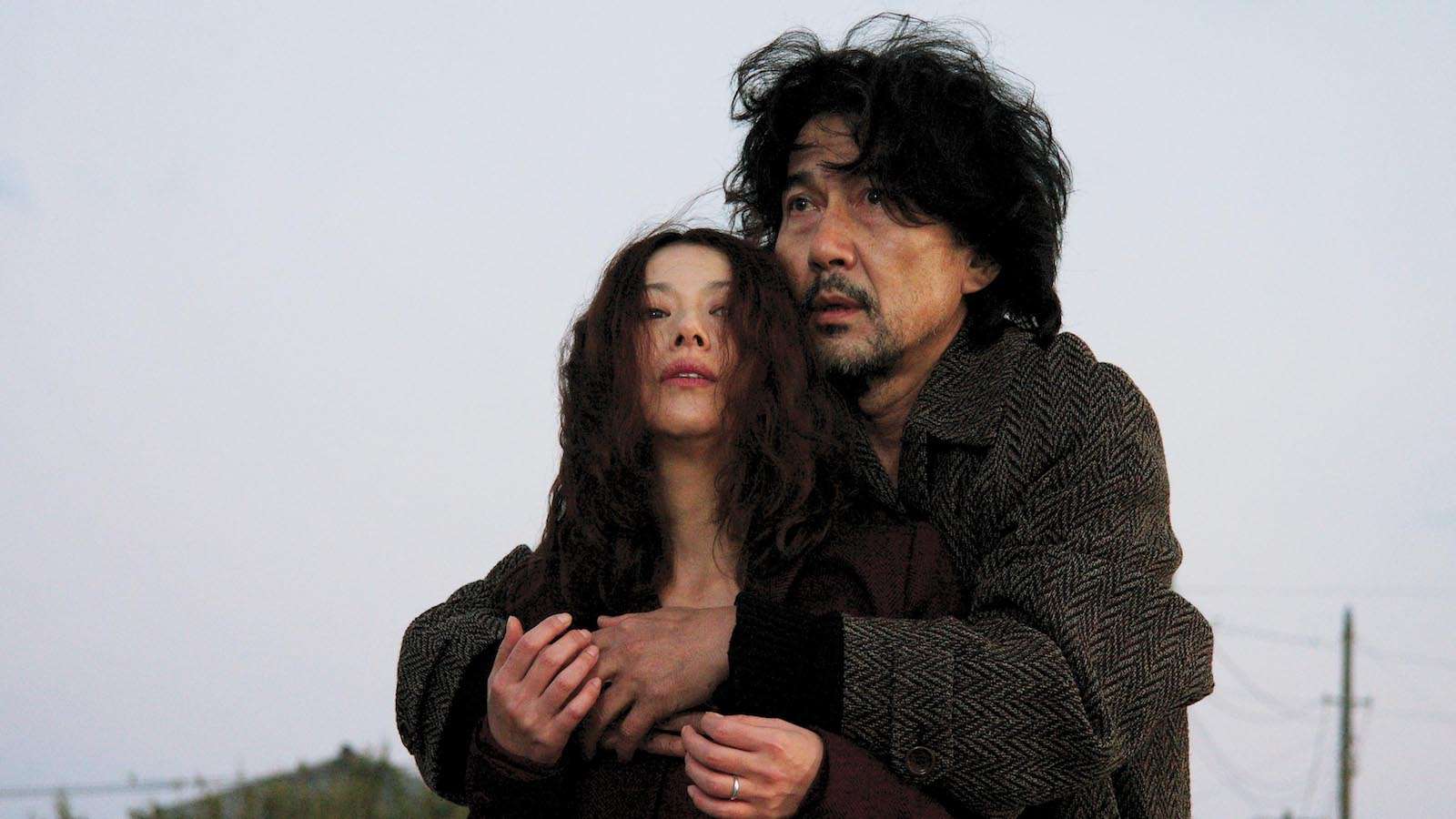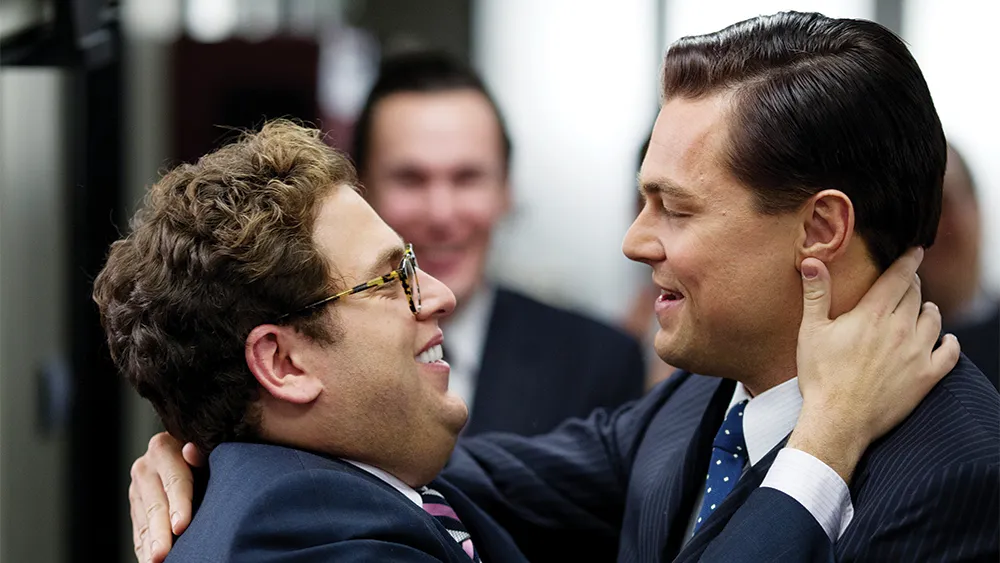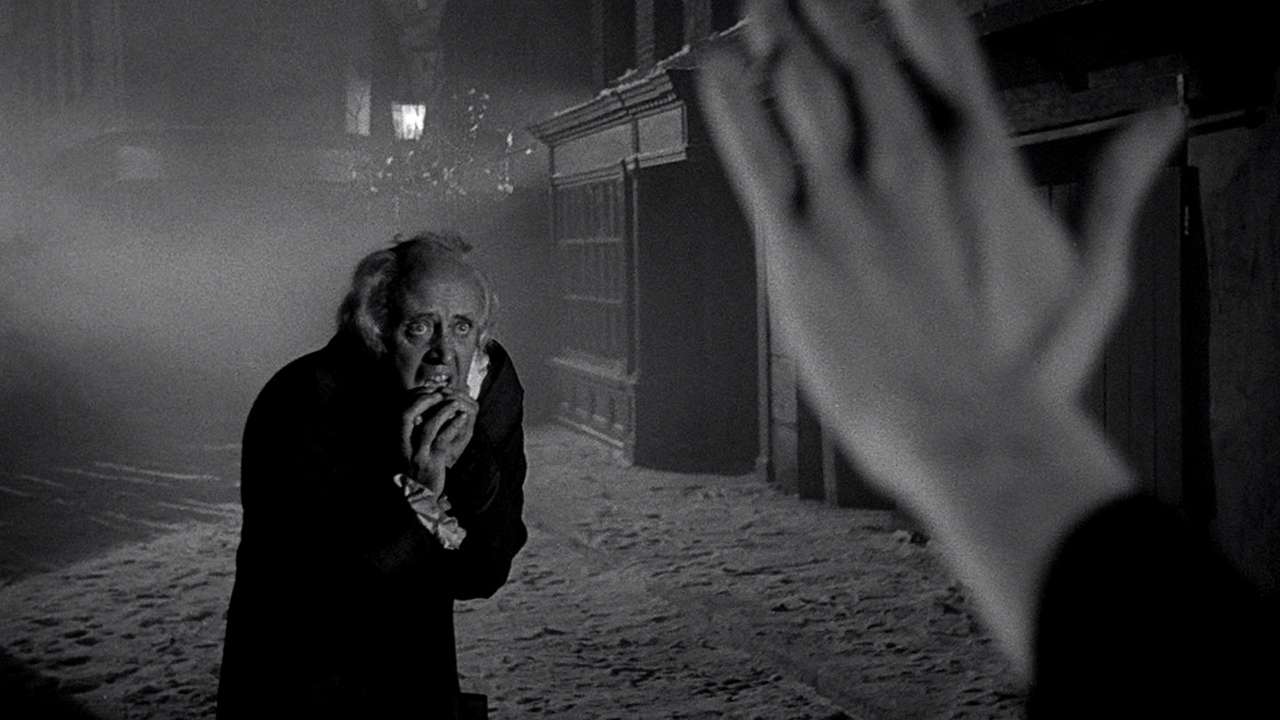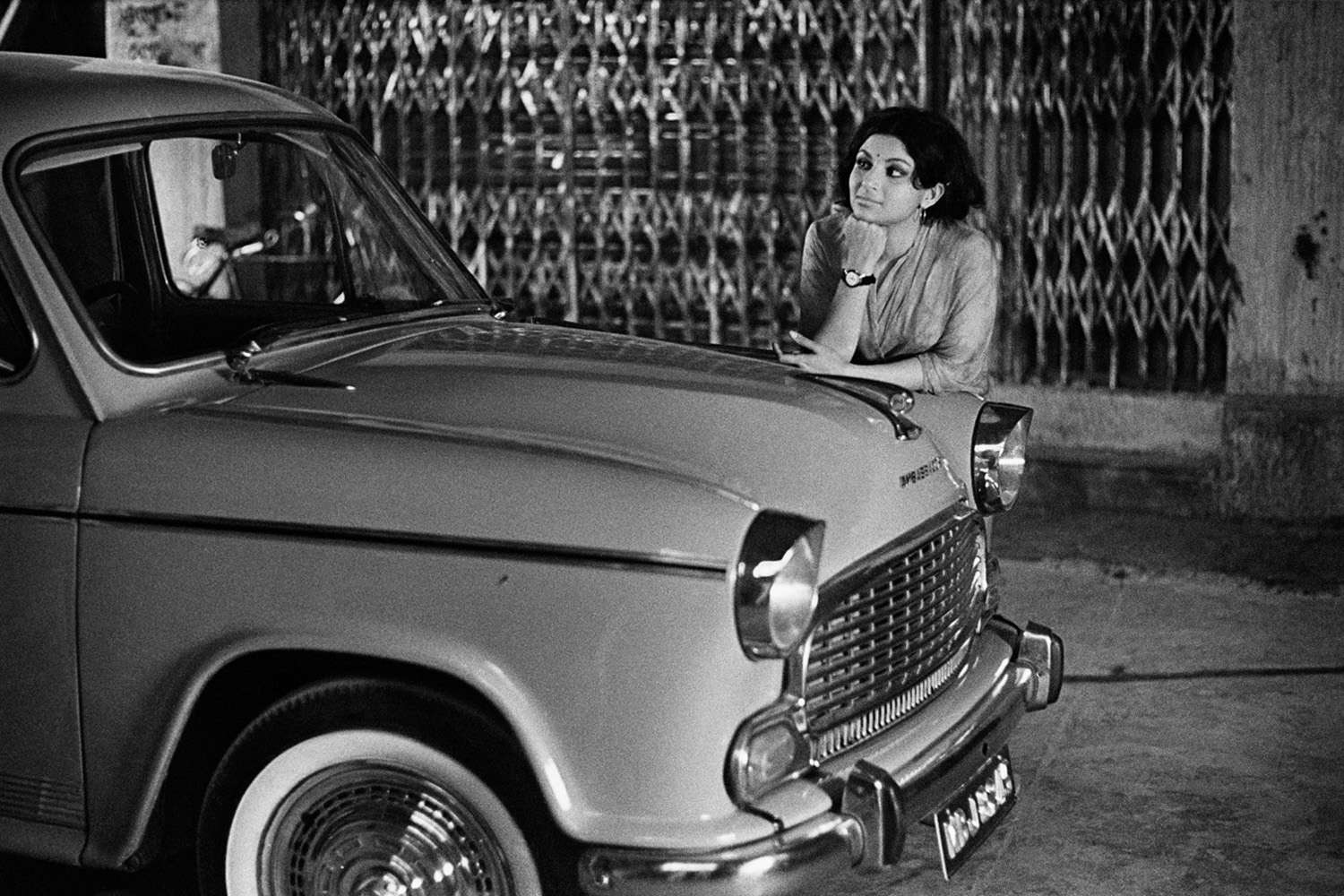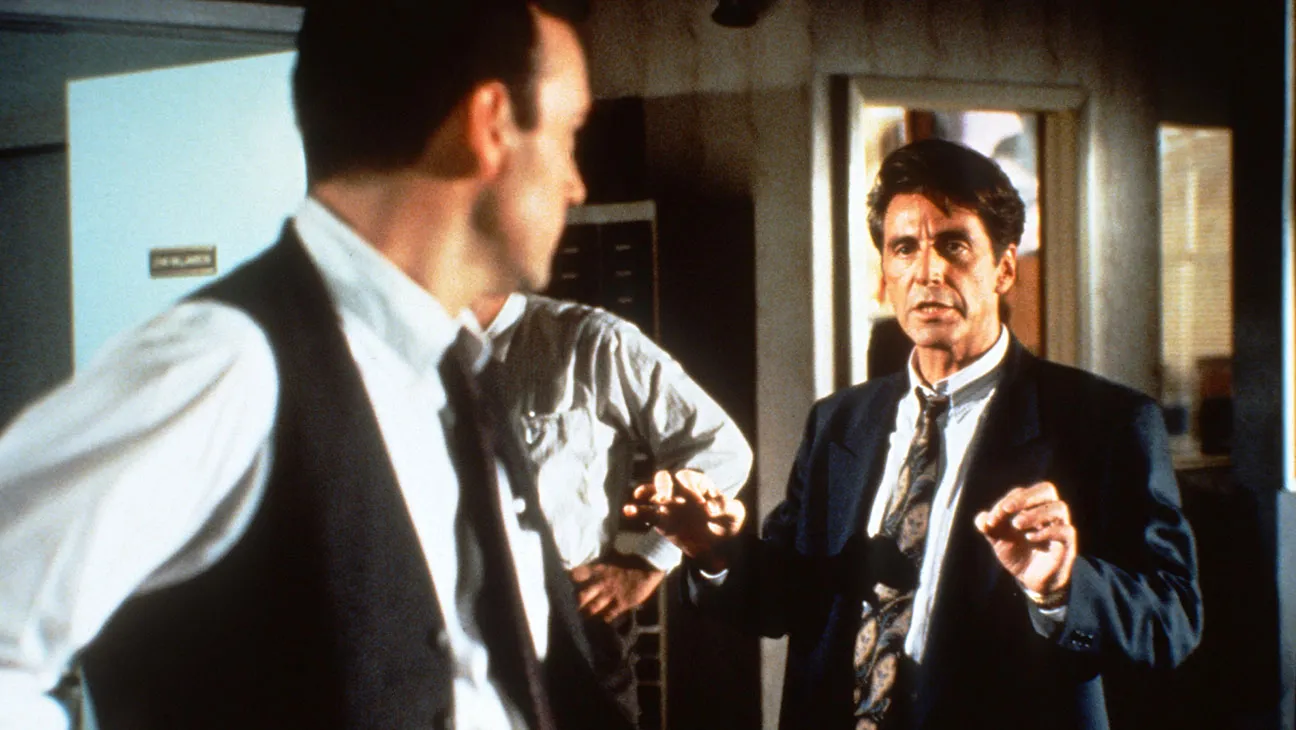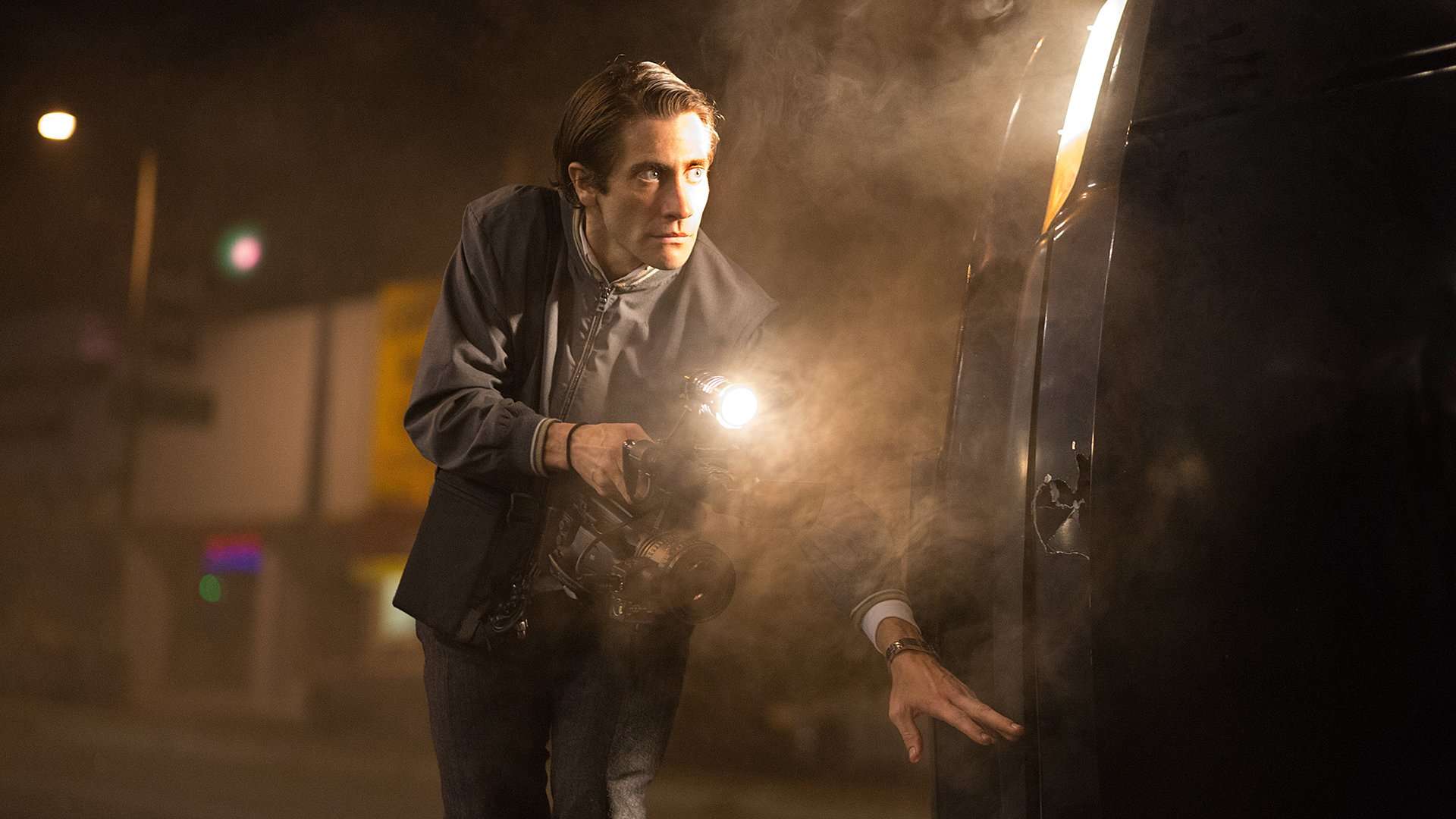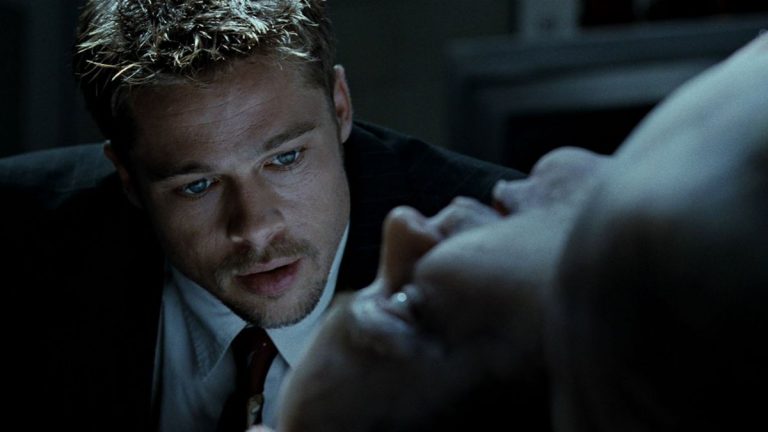Best Films Dealing with Toxic Work Culture: The Industrial Revolution in the 18th century brought several civil, economic, and social problems with it. One of the foundational images of cinema is Lumiere’s 1895 short (also known as “actuality films”), where workers are exiting the factory in Lyon. From then on, cinema has been fascinated with the movement of workers. The comedic genius Charlie Chaplin in Modern Times (1936) provided a satirical take on the mechanization of workers during the ‘great depression’ in America. The film deals with the problem of capitalism favoring productivity and efficiency over worker’s individuality, identity, and liberty. The boredom of the industrial world adversely impacts Chaplin’s ‘The Tramp’ . In recent years, we witnessed Arthur Fleck in Joker (2019) rejecting the life of dreadful monotony by choosing the path of anarchy, which is practically oblivious without any social or financial capital.
When it comes to the portrayal of poverty and grim work environments, Italian Neorealism is pivotal, which sparked a revolution in post-WWII European cinema. The neo-realist films generally dealt with the struggle of the ordinary people. The injustices while finding and protecting a job are sensitively presented in movies like De Sica’s The Bicycle Thieves (1948) and Olmi’s II Posto (1962).
By the 1980s, there was a rise in the women’s workforce in all sectors of the economy. Thus, it came with the new challenges of sexual harassment and gender disparity in the corporate sector. In 9 to 5 (1980), the comical treatment of revenge from a sexist boss became a significant part of American pop culture. Films like Fatal Attraction (1987), Disclosure (1994), and Basic Instincts (1992) glamourized workplace infidelity. These films offered a reductive view of ambitious women as femme fatales and homewreckers.
Post ‘Me Too’ movement, the Madonna-whore complex in cinema turned an empathetic lens towards the plight of women in the workplace through films like Bombshell (2019), Doublespeak (2021), She Said (2022), The Assistant (2019) and The Royal Hotel (2023). The ‘great resignation’ has been the hot topic post-COVID-19, where the employees leave work environments that are disrespectful, unethical, negative, and stressful. The new era of critically acclaimed series like Severance deals with work-life balance. Ted Lasso draws attention towards a new kind of compassionate leadership, and Succession roasts the entitled patriarch leadership in big business.
Now let’s take a look at some of the best films that deal with toxic work culture:
10. Office Space (1999)
Office Space is one of the significant cult films in American pop culture, which helped refashion the commentary on the modern work culture. The film parodies the monotony of corporate employees with humor and empathy. It links the failure of work-life balance with the emotional and mental well-being of the workers, which the upper management often neglects. In recent years, multinational companies have started including recreational activities, refreshments, and friendly work environments for their employees’ well-being to increase productivity.
Office Space revolves around Peter, who is demoralized by his manipulative boss, Bill Lumbergh. Bill is a micromanager who prowls the workspaces and remains an easily recognizable antagonist. He does not care about the well-being of his subordinates and is insecure about seeing them grow in their career. Moreover, Peter cannot handle the pressure from eight different bosses.
The film highlights the issue of bureaucracy and improper delegation of power in the organizational structure that can hamper the productivity of the lower management. Eventually, Peter’s mental breakdown makes him fearless of his superior. His new rebellious and unethical personality is honored, as he is considered ‘upper management material’ by his superiors. Thus, the film showcases the politics of the capitalist world, where assertiveness is rewarded over agreeability, irrespective of merit, integrity, and competence.
9. North Country (2005)
North Country is a true story of sexual harassment in the workplace. It chronicles the landmark case during the 70s where the company lost, leading to the creation of a sexual harassment policy in the workplace. The film highlights the working conditions of women in male-dominated professions, where the man-to-woman ratio is highly unbalanced. Josey, a single mother previously abused by her husband, returns to her parent’s home to find a new job. Josey applies to an iron mine after knowing that the mines pay more than the salon and are also highly male-dominated.
Her male colleagues have created a hostile environment for female workers to survive. The constant mental, emotional, physical, and sexual abuse pushes Josey to take a stand for the first time. The harassment, as showcased in the narrative, is a tool of control over women to maintain the power dynamics as the traditional role of men is threatened. North Country also focuses on the vulnerability of women exposed to the dangers directly connected to their financial and social marginalization. The more a woman is trapped in a lower economic status, the higher the chances of being exposed to endangerment in a patriarchal world.
8. Tokyo Sonata (2008)
Tokyo Sonata is the ideal depiction of the excessive competition for jobs in an economically unstable Tokyo. Even the highly paid old white-collar workers are vulnerable to downsizing. It revolves around an average middle-class Japanese family where the father is the sole earner and suddenly loses his job. Tokyo Sonata poetically captures the passive anxiety of the patriarch while standing in huge lines for job vacancies. His insecurity drives him to keep the news hidden from his family. Writer/director Kiyoshi Kurosawa offers a satirical take on how financial uncertainties bring several skeletons out of the closet.
The film also highlights the increasing inability of Japanese people to communicate their problems within the urban familial setup, gradually taking a toll on their mental health. The protagonist’s eldest son, Takashi Sasaki, enlists in the American military to fight a war in the Middle East, subtly highlighting the issue of outsourcing human bodies in the military-industrial complex. When Ryuhei loses his job, he feels that his position as a patriarchal authority in the house will be questioned. Thus, he pretends to go to work every day. Ryuhei’s crisis creates a role reversal at his home, pushing every other family member to make their own life decisions.
7. The Wolf of Wall Street (2013)
Martin Scorsese’s film visualizes the unabashed capitalist ideology that greed is good. The Wolf of Wall Street reflects the unethical culture of the stock market industry and the desperation to chase the American dream. Based on a true story, the narrative follows the overconfident and unscrupulous Jordan Belfort, who is motivated to make money by scamming real investors and making millions. However, the satirical glorification of hypnotizing thousands of subordinates into committing bribery, adultery, and drugs through impressive leadership is debatable. Belfort is a reincarnation of Patrick Bateman and Gordon Gekko, who can go to any lengths to mint money.
Despite the controversial glamorization of the scandal, Belfort could not hide his unethical practices from the law. The film is eventually a cautionary tale about greed and not the romanticization of capitalism. It highlights how moral ethics, integrity, disciplined organization, and sincere work are traits of good leadership, which reflects on each employee of the company and finally helps in long-term goodwill. Jordan Belfort enables a toxic work environment by sacrificing professional boundaries and the code of conduct.
6. A Christmas Carol (1951)
Charles Dickens’ classic character, Scrooge, has become synonymous with a tyrant boss who shines bright as a capitalist hero. His apathetic manner of leadership has been a case study among business analysts. There is a lot to unlearn from Ebenezer Scrooge, who even finds discomfort in giving his employees a festival leave. He has no work-life balance and thus decides to see his employees through the same lenses. A Christmas Carol is an excellent parable of generous, empathetic, and honest leadership. Scrooge might come across as an earnest businessman, but lacks the empathy to understand the problems of his colleagues.
The ghost of his dead partner, Jacob Marley, often haunts and cautions him from going his way of exploiting the less privileged for his selfish greed. There is a presence of karma, which the ghosts of the past hint at, making Scrooge reevaluate his moral compass. The Ghosts of Christmas shows him the plight of his poor employee, Bob Gatchit, who struggles to run his household on a low salary. It’s undeniable that Ebenzer’s cold, stubborn, and ethical demeanor helped him attain a successful business. But his inability to see the suffering of others makes him more likely to end up like his ex-partner, Jacob.
Read More: 25 Feel-Good Movies and where to Watch them
5. Seemabaddha (1971)
Seemabaddha is one of Satyajit Ray’s underrated classics that explores the superficial Anglo elitism among Indian corporate high executives. The film showcases the constant want for validation among the privileged high-level managers at the cost of the daily wage workers. It revolves around Shyamalendu Chatterjee, an ambitious employee promoted to the board of directors at a fan manufacturing company. Shyamalendu enjoys a lavish lifestyle, lives in a high-rise apartment in Kolkata, frequents clubs, and organizes late-night parties at his house. There is a subtle political rivalry among his colleagues, which they diffuse in humor and banters.
Ray introduces Chatterjee as a sophisticated, suave, and balanced character. We understand the protagonist through the perspective of his sister-in-law, Tutul. Tutul initially admires her brother-in-law as a hardworking and honest man of integrity. However, in the end, she sees him as a dishonest mercenary. Shyamalendu shares his treacherous scheme with Tutul about instigating a false riot among the daily wage workers for covering up his nearly failed consignment of exporting fans to Iraq. Shyam’s plotting exposes the darker and more complex side of humanity in the work environment.
4. Glengarry Glen Ross (1992)
In Glengarry Glen Ross, four salesmen are pitted against each other after a harsh declaration by the boss, Blake, to keep only the two of his best performers and lay off the rest. Survival and materialism keep the salesman on the brink of getting as many leads as possible. The employees are desperate to break all the ethics and morals to get their way. The film explores the high stakes of insecure job positions in the Sales profession. These financially struggling salesmen are desperate to go to any lengths to get contacts and crack a deal.
The foul-mouthed boss says the first prize for best-performing sales is a Cadillac, the second prize is steak knives, and the third prize is termination. Glengarry Glen Ross is a great case study on how power dynamics facilitate toxic bonding among men. Roma (Al Pacino) is the top-performing salesman who is envied by someone like Moss and admired by others like Levene or Aaronow. Levene is more concerned about saving his job due to his family issues. The charismatic Roma easily manipulates his clients to buy properties, but his deceptions do not always work, as the circumstances in the plot reveal his truth. Overall, the film deals with how extreme competition hampers the productivity and sanity of the workers.
3. Nightcrawler (2014)
Night Crawler is a psychological crime thriller that revolves around the sociopathic tendencies of an ambitious reporter who prioritizes capturing sensational news over innocent human life. It mainly deals with the constant exploitation of boundaries and ethics in journalism. The protagonist is highly motivated to attain the American dream and survive the dangers of ground reporting. When humans are lured by the greed of power and materialism, it uncovers their animalistic instincts in its most pure form. This is a great case study on how dark personality traits are honored in corporate structures over moral attributes like honesty and integrity.
Undoubtedly, the film’s protagonist, Lou, works hard to capture crime scenes. But he also shockingly manipulates the news to get more attention from the viewers and acclaim from the media house. It is an amalgamation of the murkier underbelly of the glamourized American dream and the reward of serving an apathetic capitalist system. It does not romanticize the hustle culture but portrays it like a horror show. Lou is not a good human as he sacrifices his coworker as a stepping stone in his career. Sadly, in reality, people like Lou climb the corporate ladder quite faster.
2. The Assistant (2019)
The Assistant is a minimalistic thriller about mental, emotional, and sexual abuse in the workspace. The exploitation of young workers to make them work overtime eventually has a toll on their work-life balance. Subtle bullying, power plays, sexism, and social hierarchy are culturally encouraged in such a toxic work environment. It highlights that even the objectivity of several degrees, qualifications, and hard work does not ensure success in the real world until one becomes part of the informally constructed system within the system. Julia Garner’s deeply affecting physical performance reflects the burnout and agitation of several workers.
The manipulative higher officials often conceal the injustices of the boss. The silence of the workers who worked under Weinstein and remained silent about his actions for several years inspired the film. The whole organization passively obliges the atrocities of the boss. When the intern tries to raise her concern about the ongoing harassment in the office, which everyone has deliberately ignored, her position and future are vindictively threatened. The Assistant is one of the most eloquent films in recent years that highlights the problems beyond sexual harassment in the workplace. The central character’s uncomfortable silences, panics, and pauses in the little movements hold a power that every worker can empathize with.
1. Ikiru (1952)
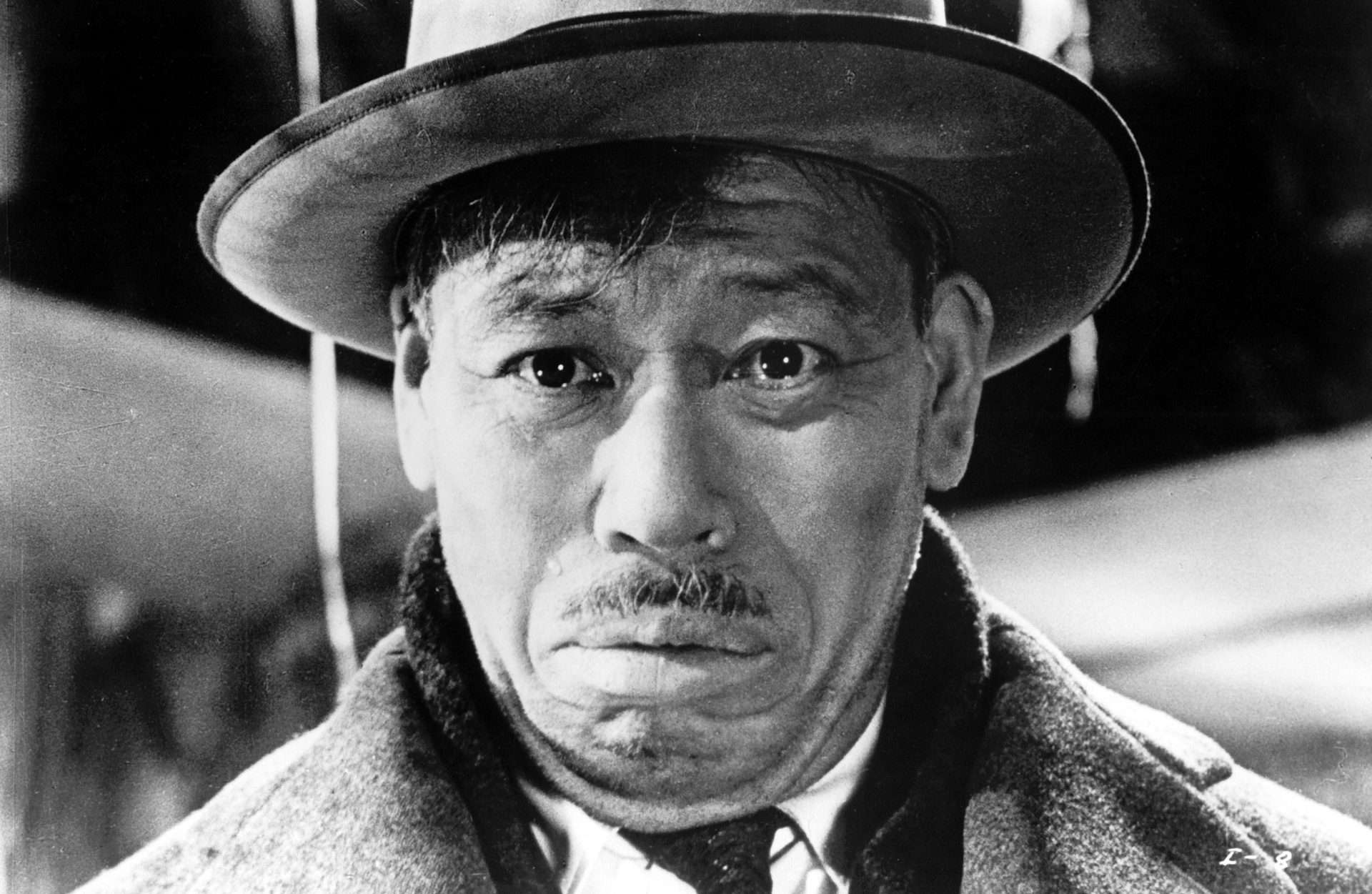
He makes an authentic bond with her as she has everything he has lost. Her youth, enthusiasm, hope, and happiness make Watanabe question his ideologies. The old worker regrets the time he spent in a lifeless box, stamping papers that never did anything for public welfare. Furthermore, Watanabe expresses remorse for not spending enough time with his family, who now focus more on the inheritance. For the last time, he aims to find meaning in his life by solving the problem of the cesspool in order to build a playground.
Watanabe persists in executing the stamped paper into action by patiently and tactfully dealing with corrupted bureaucrats and officials from several departments. Before his death, the playground is constructed. The inhabitants are grateful to him, the bureaucrats try to get all the appreciation for his work, and his colleagues aim to carry forward his integrity and hard work, which only ends up with Kurosawa making a satirical jibe at human fallacy.



